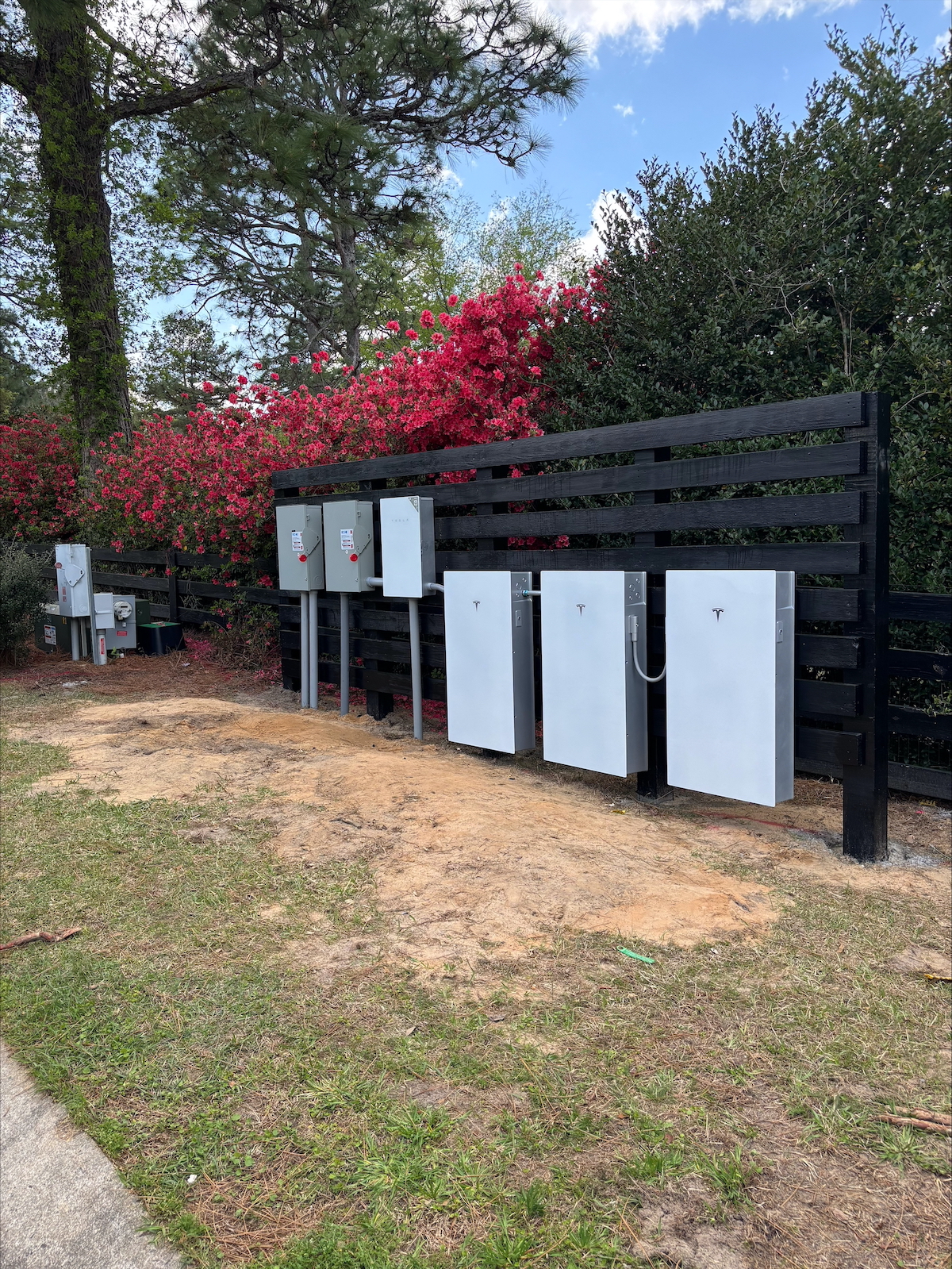By Tom Davis
A couple weeks ago, the South Carolina General Assembly passed H. 3726, aka the “Public Employees’ Pension-Reform Bill.” This week it was sent to Gov. Henry McMaster for consideration.
I voted against this bill, and I urge the governor to veto it. Here’s why:
H. 3726 increases taxpayers’ annual contributions to the public employees’ retirement system by 60 percent. Currently, taxpayers contribute $1.36 billion each year; in FY 2023, after the increase is phased in, that annual contribution will swell by $826 million to a total of $2.18 billion.
For some perspective, consider this: In FY 2023, General Fund revenues are projected to be $9.6 billion; of that amount, if the increased taxpayer funding mandated by H. 3726 comes from the General Fund (as proposed in this year’s budget), then $1.22 billion would be taken off the top to fund the pension. Put another way, 12.75 percent of every dollar paid by taxpayers into the General Fund would go toward the public employees’ retirement system.
And to the extent this increased pension funding doesn’t come from the General Fund, the cost is shifted to local governments and other public bodies; any way you cut it, taxpayers end up footing the bill.
By contrast, H. 3726 increases public employees’ annual contributions to their retirement system by only $40 million. Hiking taxpayers’ annual contributions by $826 million and public employees’ by only $40 million is a tough pill to swallow.
The Heartland Institute recently reviewed the pension plans in the 50 states and in Washington D.C. and concluded that: “It seems that a fair rule of thumb would be that government workers should contribute at least as much toward their retirement as taxpayers. Roughly half of all pension plans require taxpayers to contribute more than employees. This is unfair and needs to be changed. Employees should pay, at minimum, half the cost of their own pensions.”
H. 3726 has taxpayers paying more than double into the pension than public employees do; nevertheless, I would have swallowed this pill and supported the bill if the underlying cause of the current pension-funding shortfall had been addressed – that is, if H. 3726 had honestly taken on and tackled the thorny issue of defined-contribution vs. defined-benefit plans. Unfortunately for taxpayers, however, the General Assembly punted on this.
South Carolina’s public employees have the right to participate in a defined-benefit plan, which provides for an exact monthly payment for life in retirement based on the tenure of the employee and his or her salary; historically, this has been the norm with public-sector pensions. In recent years, however, 15 other states have shifted at least one of their pension systems to a defined-contribution plan, where a certain amount of money is set aside each year for each employee’s benefit; in other words, the contribution is defined, but the benefit is not.
As noted by the Reason Foundation, this trend tracks what has already happened in the private sector: “Over the past several decades, the private sector has rapidly shifted away from defined-benefit plans toward defined-contribution plan for good reason – traditional plans are expensive, unpredictable and unsustainable in the long run. Defined-benefit plans put virtually no risk on the workers or retirees, because taxpayers must make up any funding shortfalls.”
I proposed and the Senate approved an amendment to H. 3726 to provide that, once the pension became solvent as a result of the increase in taxpayer funding, all newly hired public employees must be placed into a defined-contribution plan; those who were promised defined benefits would get them, but a sustainable defined-contribution plan would be phased in for new hires.
That amendment, however, was subsequently stripped from the bill, with legislative leaders promising that another bill at some other time would be filed to change the pension-plan structure for new hires, and insisting that, right now, the focus must only be on getting more of the taxpayers’ money into the public employees’ retirement system.
I have heard this before. Almost always – whether it is in regard to roads, healthcare, K-12 education or whatever – the legislative response to a problem is “let’s spend more of the taxpayers’ money now and fix the system flaws later” … and then the reform never happens.
Let’s not let this happen with the pension bill. McMaster should veto H. 3726 and insist on a bill that both ensures retirees and current public employees receive benefits they were promised and enacts the reforms needed to avoid taxpayer-funded bailouts in the future.
Tom Davis is an SC state senator representing portions of Beaufort and Jasper counties.








